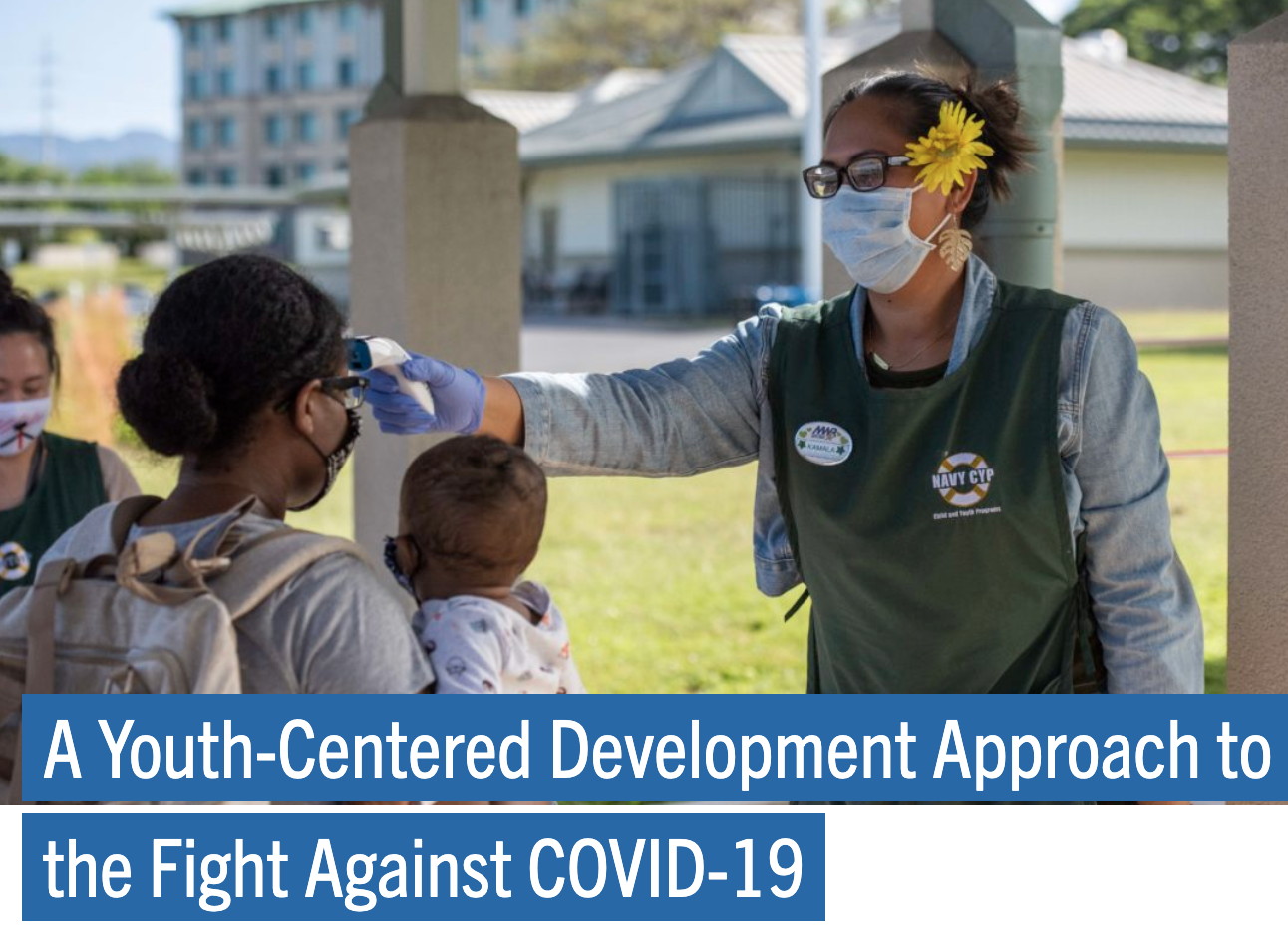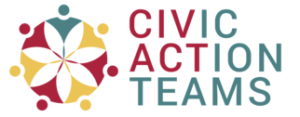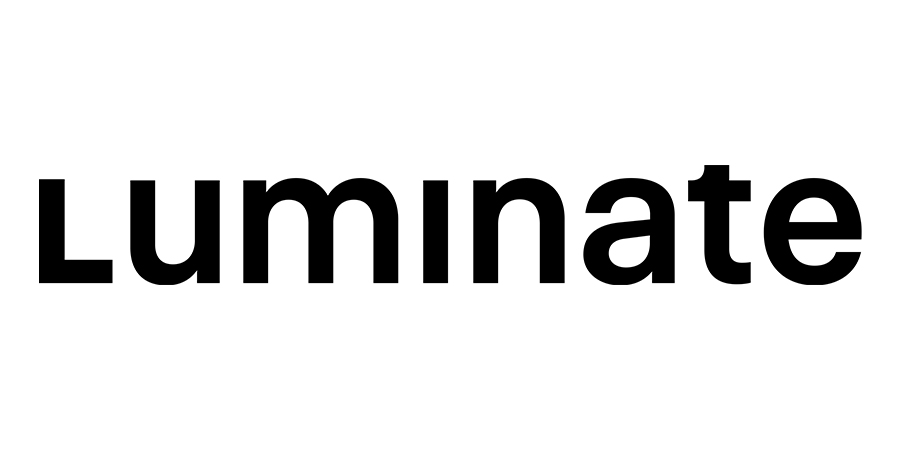
A Youth-Centered Development Approach to the Fight Against COVID-19
Written by: Neetha Tangirala
Contrary to early narratives casting Millennials as careless and irresponsible, young people around the world are leading and amplifying citizen-led responses to the COVID-19 crisis. While not in the highest risk group, the futures of young people are being uniquely challenged by the unprecedented strain this crisis is placing on the global economy—not to mention the specter of new threats to civic and political freedoms.
With 65 percent of the global population under the age 35, it is vital that governments and civil society take steps to ensure that young people are engaged and encouraged to be part of both the response to the pandemic and broader democratic participation. For their part, young people are eager to leverage their skills, technology, and social media know-how to build greater trust between citizens and their governments. Here are a few ways the development sector can bolster the global response to the pandemic by prioritizing youth engagement and empowerment.
Amplify local, citizen-centered responses
Innovative measures that respond to local conditions are crucial to the fight against COVID-19. Munyaradzi Dodo, a young citizen journalist from Zimbabwe, has worked with other young changemakers to develop a platform that tracks cases of COVID-19 across the country. Leveraging open source technology, the platform utilizes Google maps to help citizens see locations that have been flagged using data from the Ministry of Health. Munya developed this platform through a virtual hackathon and is eager to share his work with other young leaders from across the world who could lead to similar initiatives in low resource environments.
The development sector has a critical role to play in connecting and supporting young changemakers like Munya by offering a space to collaborate and share best practices to mitigate the virus. Supporting locally led strategies to mitigate crises is critical to promoting long-term, sustainable change and building more inclusive and resilient democracies.
Build trust between government and citizens
Trust in institutions and effective governance is vital to addressing this unprecedented global health crisis. In Pakistan, young leaders like Fayyaz Yaseen are launching initiatives to help build greater trust between citizens and local government during the crisis. Fayyaz leads the Accountability Lab’s country chapter, and recently launched the Coronavirus CivActs Campaign focused on debunking rumors and pushing out verified information. The campaign shares e-bulletins tacking misinformation, and utilizes WhatsApp, email and radio to spread facts about the COVID-19 virus.
Through rapid small grants, Fayyaz has been able to expand his work and help partners to adopt practices for engaging the public directly. Supporting the work of civil society and independent media outlets during this crisis will enable citizens to hold their leaders accountable and respond to the pandemic in a proactive and transparent manner.
Make youth-led programming part of the solution
Young people are eager to put their energy and time in the service of tackling this pandemic and delivering a better future. Donjet Bislimi, a member of the European Democracy Youth Network (EDYN), graduated from the Faculty of Medicine at the University of Pristina in Kosovo. Since the outbreak of COVID-19, Donjet has been volunteering at the border between Kosovo and North Macedonia, testing drivers coming in and out of the country, and providing treatment where appropriate. In addition to assisting with the crisis as a doctor, Dnojet is president of the youth wing of the Democratic Party of Kosovo. He is working with the government, specifically local councils to deliver food, supplies, medicine and disseminate information to help mitigate the outbreak. Donjet shared his story with other EDYN members who are utilizing digital storytelling tools to inspire their peers to pilot and implement possible solutions to help support their communities.
Read the rest of the article at www.usglc.org/.





